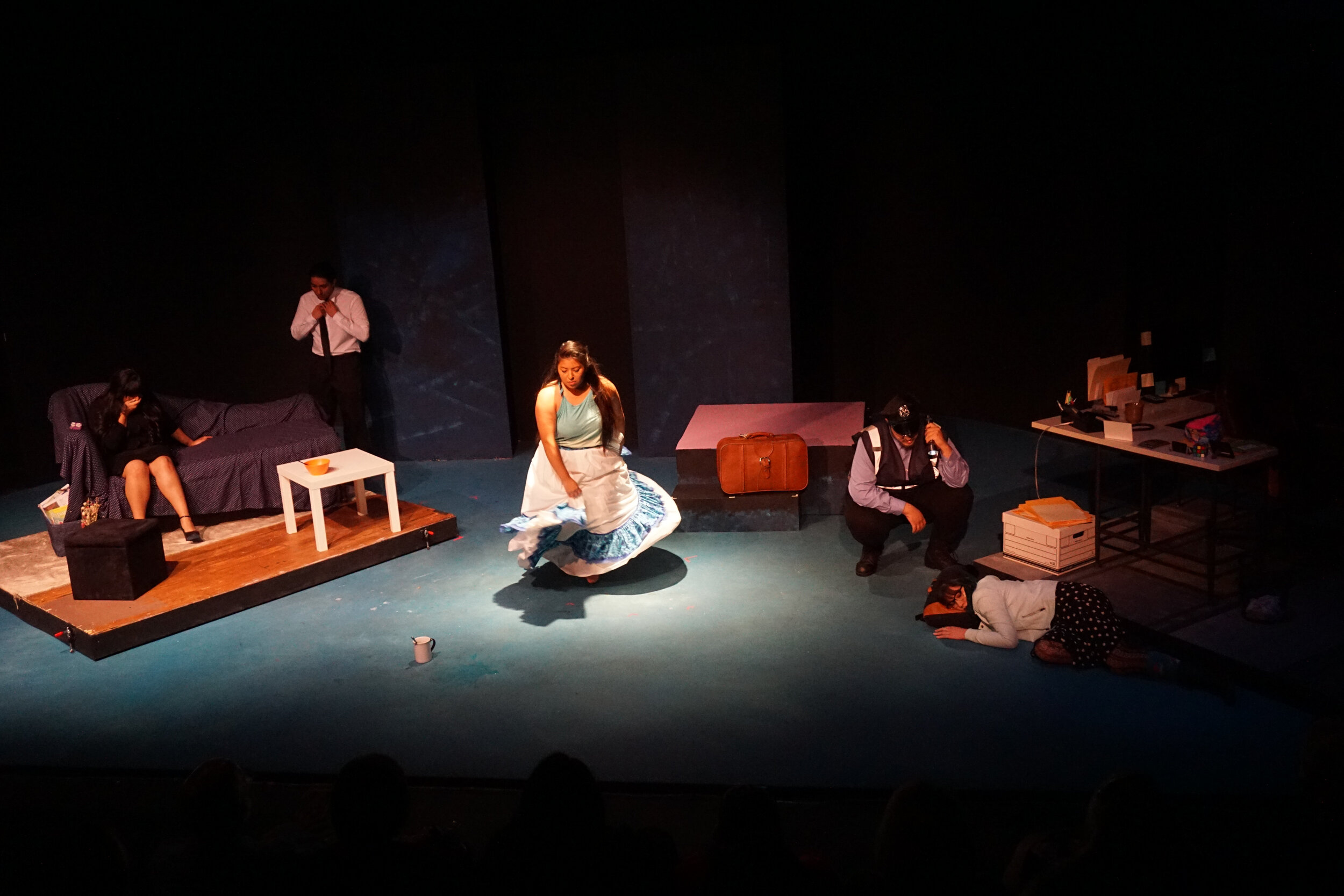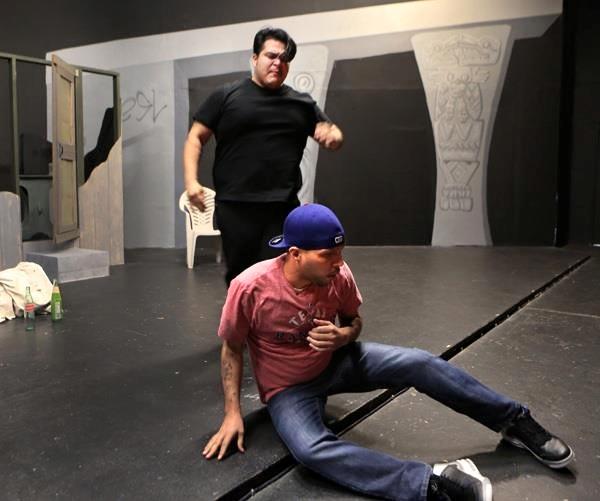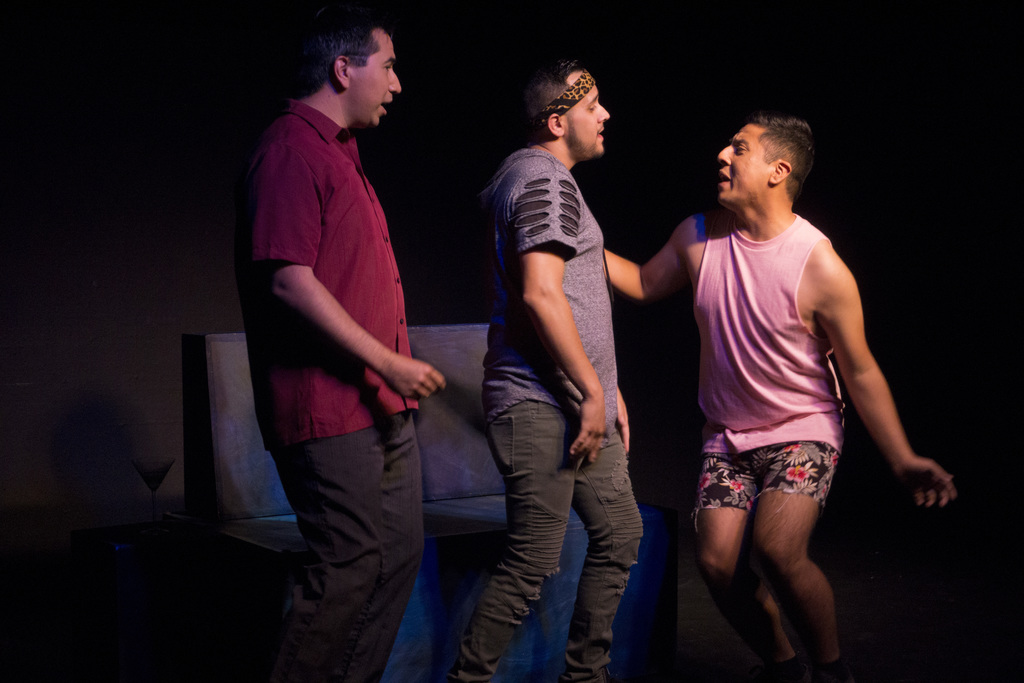“Creating cultural, socio-political and groundbreaking works that aim to empower our audiences and community.”
OUR HISTORY
One of the longest existing Chicano/Latinx arts organizations in Northern California.
El Teatro Espejo was formed in 1975 as a community theater company, supported by the Washington Barrio Education Project, an educational center sponsored by Sacramento City College. The founding ensemble wrote and performed original collective creations for the local community.
In 1980, Teatro Espejo became an integral and official part of the Theatre Department at Sacramento State University, where the University produced more than 30 Teatro shows on campus, under the direction of Professor (Emeritus) Manuel José Pickett, until his retirement in 2012.
In 2012, Teatro Espejo became a community theatre working diligently to produce meaningful works, while offering artistic support and opportunities to Latinx theatre artists: actors, designers, directors, technicians, and newcomers who want to learn the art of teatro.
In 2018, Teatro Espejo became an official 501(c)(3) non-profit organization in an effort to advance our reach and mission of bringing quality and culturally relevant theatre to our community.
During its long history, Teatro Espejo has presented a powerful and thought-provoking collection of theatrical works by celebrated Chicano/Latinx and award winning playwrights, a few of which include:
Real Women Have Curves by Josefina Lopez
Lorca in a Green Dress by Nilo Cruz
Roosters by Milcha Sanchez-Scott
Marisol, and Cloud Tectonics by Jose Rivera
Santos & Santos by Octavio Solis
No Se Paga, We Won’t Pay by Dario Fo
The Language of Flowers by Edit Villareal
The Women of Juarez by Ruben Amavizca-Murúa
Shadow of a Man by Cherrie Moraga
Zoot Suit by Luis Valdez
In addition, the ensemble has created and presented original devised work - collective creations -in response to current events and community needs, and has toured locally and regionally to ensure that all communities have access teatro.





